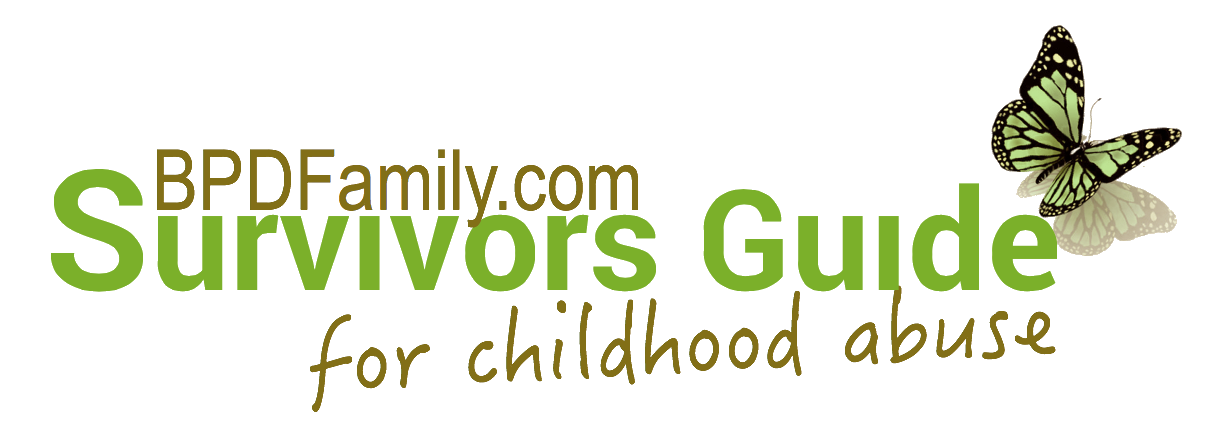 |
|
I am in a breakthrough crisis, having gained some sense of my abuse. |
|
REMEMBERING [Step 1]: For many survivors, this first step represents the first sign that their past has caught up with them. Survivors at this point often experience a "breakthrough crisis": something happens to release a flood of old memories, feelings and even physical sensations of the abuse. Although this crisis does not necessarily destab ilize all survivors, for many it can be the most harrowing time in recovery, and it often provides the impetus to finally face the past.
For those of you who experienced less severe abuse, the breakthrough crisis may manifest itself not as a new crisis, but rather as a low-grade, perpetual state of disorganization in which everything that can go wrong does go wrong. This reinforces your anxiety, depression and shame all your worst feelings about yourself. Survivors of extreme and prolonged physical and/or sexual abuse in which terror or violence typically occurred often experience a more dramatic breakthrough crisis. This is usually triggered by some event: seeing a movie, engaging in a relationship that unexpectedly turns abusive or having a sexual experience that somehow parallels the childhood sexual abuse. This leaves you feeling like the scared little child again, lacking any sort of adult control over your life. You may even think you are going crazy and may come up with all sorts of possible explanations for what is going on. As a child, you developed formidable psychological defenses to protect yourself against this massive assault, and you probably continued to rely on these rigid defenses well into adulthood, until they no longer worked for you. This is where you may be now. In a breakthrough crisis, your psyche realigns itself in order to bring the past into harmony with the present. Like an earthquake, this realignment results in the release of powerful feelings and energy, and can create periods of disorganization, helplessness and incredible fear. If you are a survivor of truly severe abuse, you may have mini-breakthrough crises as each new set of abuse memories surfaces, although these smaller crises are usually not as tumultuous as the first. The breakthrough crisis is actually quite normal, although it certainly does not feel normal to you. Crises are scary. You have been used to screening out all stimuli that might trigger your out-of-control feelings, only to feel that now you have lost control over your mind. Although it is frightening to do so, it is best in the long run to let these feelings out. Rest assured that this is a temporary experience which will gradually subside as you express feelings and develop a more flexible type of control over your life. Although the breakthrough crisis is normal, you should take special precautions during this time to preserve your safety and to promote healthy integration of these memories and feelings. Anyone is vulnerable in a crisis, and there have been reports of survivors attempting suicide or engaging in other self-destructive behaviors in response to the crisis. Remember that the Chinese definition of crisis translates to "danger and opportunity." Your task during the breakthrough crisis is to minimize the danger to yourself by reaching out for help while riding the tidal wave of feelings safely into shore. |
© The Norma J. Morris Center, San Francisco, California